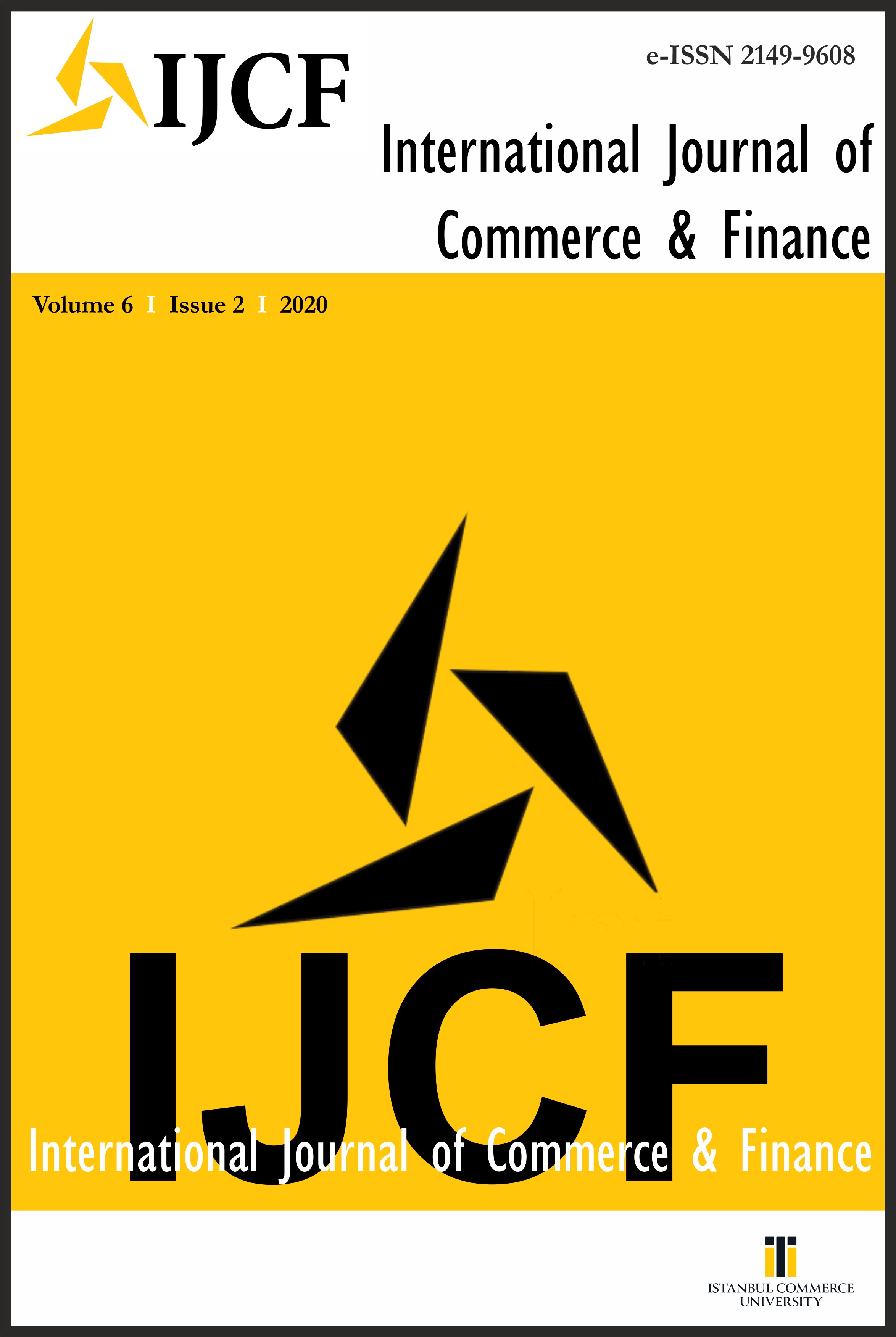Capital Structure Determinants in Transitional Economies
Abstract
Most of the empirical studies about capital structure tend to focus either on overall developed markets or on emerging countries. This paper aims to analyze the determinants of the capital structure of the companies in the Western Balkans (WBs) using a panel of 30 non-financial firms listed in Zagreb Stock Exchange, Belgrade Stock Exchange, and Macedonian Stock Exchange over the period of 2012–2017. The leverage ratio is modeled as a function of firm-specific characteristics. The results that firms in WBs tend to rely more heavily on short-term than long-term debt. There is a significant negative impact of liquidity, profitability and tax on both leverage level and short-term debt ratio. The long-term debt ratio is significantly positively affected by the growth opportunities of these companies and by its past level. Our results are consistent with the findings of previous empirical studies about emerging and transition economies, indicating that companies in WBs follow the pecking order theory.
Keywords
Capital structure; Western Balkans, Transitional economies, Leverage
Full Text:
PDFIndexing and Abstracting Services










Other Sources and Services



License

International Journal of Commerce and Finance is licensed under a Creative Commons Attribution-NonCommercial-4.0 International (CC BY-NC 4.0) License.
Mailing Address
| International Journal of Commerce and Finance Örnektepe Mah. İmrahor Cad. No: 88/2, Beyoğlu 34445 / İSTANBUL, TURKEY E-mail : hersoy@ticaret.edu.tr |



